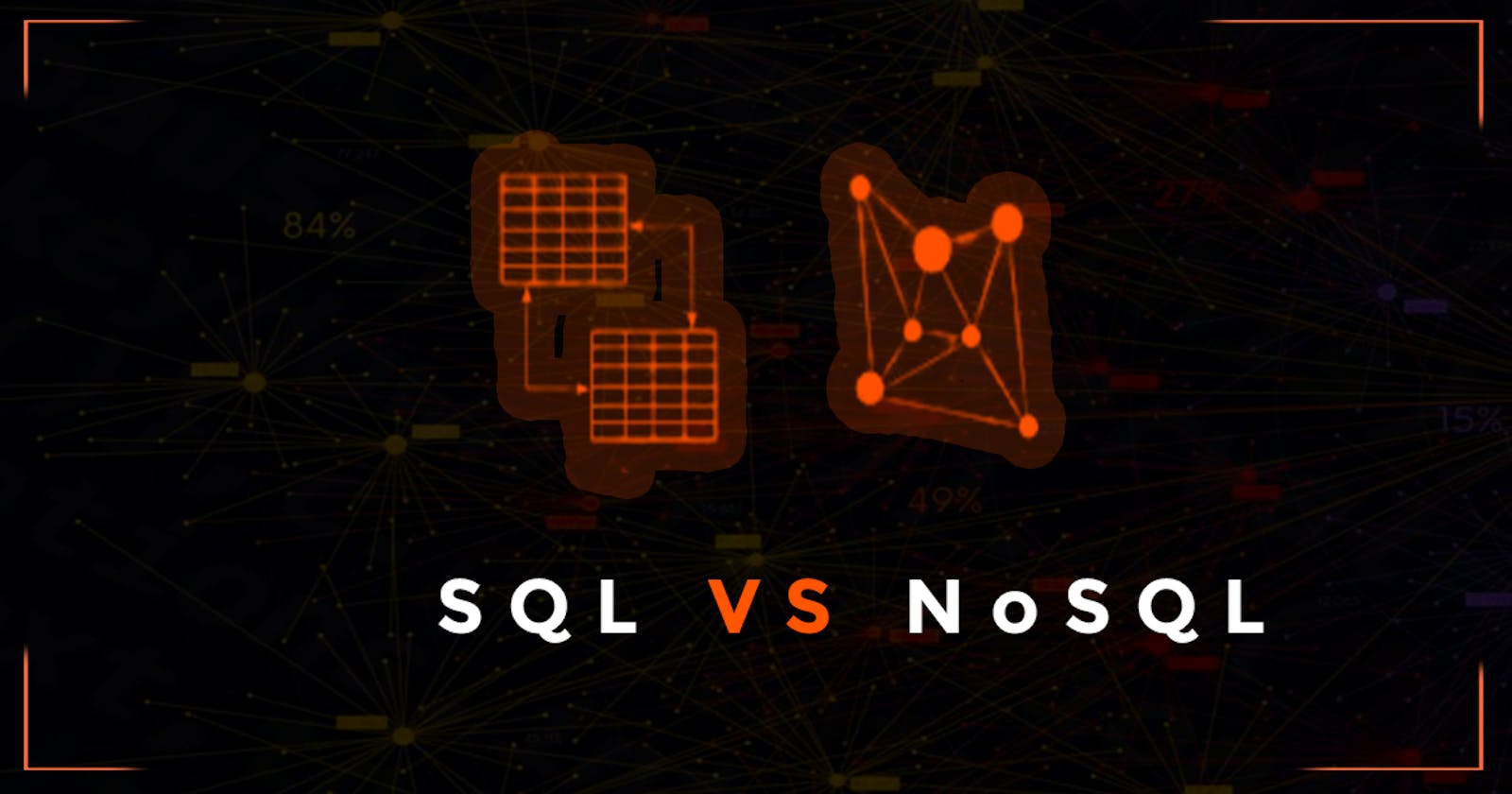In the world of databases, there are two main types: SQL and NoSQL. But what's the difference between them, and how do you choose the right one for your needs? Let's find out!

What are SQL and NoSQL Databases?
SQL (Structured Query Language) databases are relational databases. They organize data into tables with rows and columns, and they use SQL for querying and managing data. Examples include MySQL, PostgreSQL, and SQLite.
On the other hand, NoSQL databases are non-relational databases. They store data in flexible, JSON-like documents, key-value pairs, or wide-column stores. Examples include MongoDB, Couchbase, and Cassandra.
Comparing Strengths and Weaknesses
Scalability: SQL databases are typically vertically scalable, meaning you can increase capacity by upgrading hardware. NoSQL databases, however, are horizontally scalable, allowing you to handle large volumes of traffic by adding more servers to your database cluster.
Consistency: SQL databases provide strong consistency, ensuring that all clients see the same data at the same time. NoSQL databases often sacrifice strong consistency for scalability and performance, offering eventual consistency where data may not be immediately consistent across all nodes.
Data Structure: SQL databases are rigid in structure, requiring a predefined schema before data insertion. NoSQL databases, on the other hand, are schema-less or schema-flexible, allowing you to store unstructured or semi-structured data without a predefined schema.

Choosing the Right Solution
Use SQL databases when:
You have a structured data model with clear relationships between entities.
Your application requires ACID (Atomicity, Consistency, Isolation, Durability) transactions.
You need complex queries involving joins and aggregations.
Use NoSQL databases when:
Your data is unstructured or semi-structured, such as JSON documents.
You need to scale horizontally to handle large volumes of data or traffic.
You prioritize flexibility and agility over strict consistency.
Free video resources:
SQL: freeCodeCamp.org
MySQL: Bro Code
NoSQL: freeCodeCamp.org
MongoDB: Bro Code
In summary, the choice between SQL and NoSQL databases depends on your specific requirements. SQL databases offer strong consistency and are ideal for structured data with complex relationships, while NoSQL databases provide scalability and flexibility for handling unstructured or semi-structured data at scale. Understanding the strengths and weaknesses of each type will help you make an informed decision based on your project's needs.

